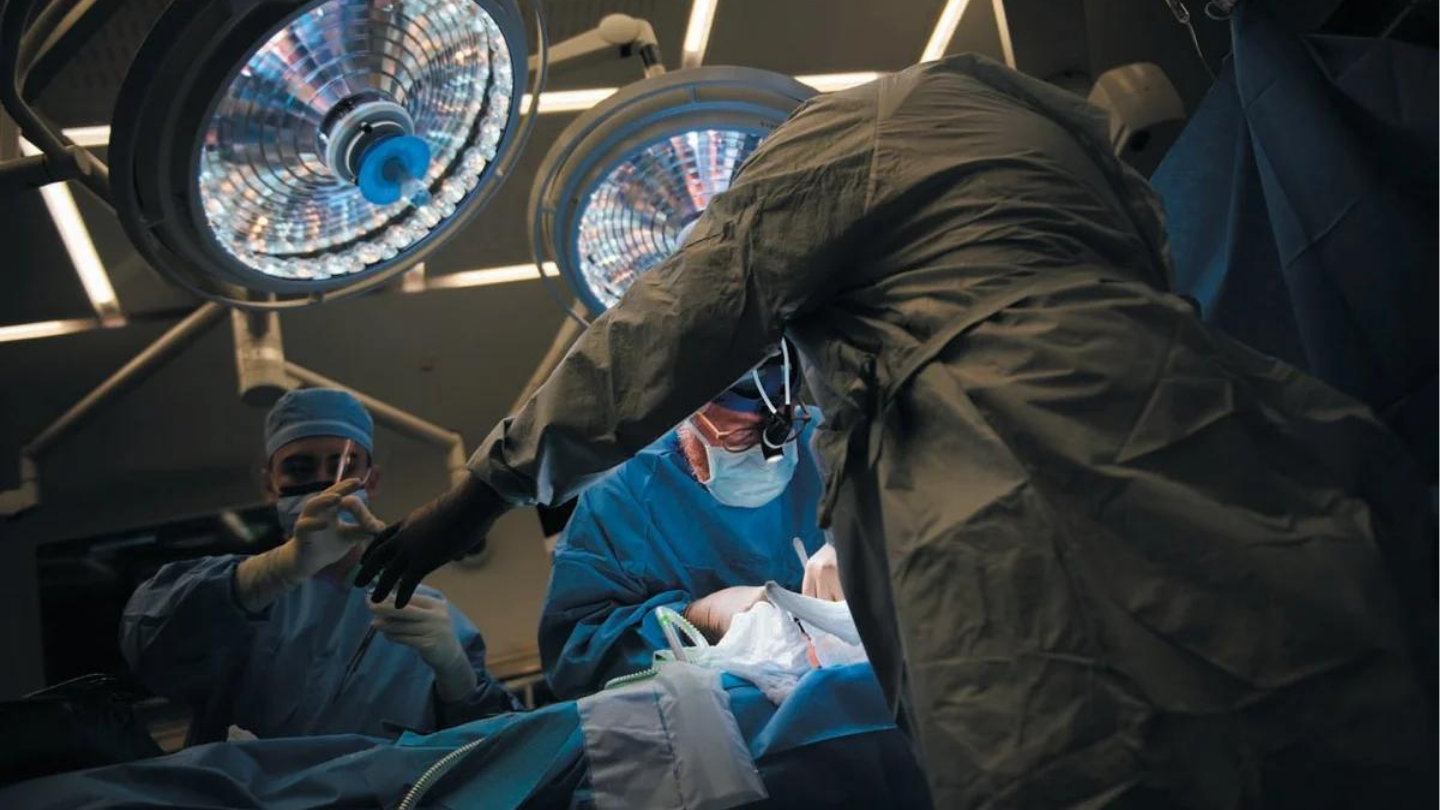This year, over 280 organ transplants were performed in Ireland, a 32 percent increase over last year.
The Health Service Executive numbers reflect a return to pre-pandemic levels.
According to the Organ Donation Transplant Ireland Office, there are 30 living organ donors and 95 deceased donors.
A total of 191 kidney transplants and 54 liver transplants were performed.
During the year, there were also 24 lung transplants, six pancreatic transplants, and seven heart transplants.
“I would like to express my heartfelt gratitude to those donors, families, and dedicated staff who made these transplants possible,” said Minister for Health Stephen Donnelly in a statement.

“We also need to keep in mind that, regrettably, some patients do and will pass away every year while awaiting a transplant, and that, at any given time, there are about 500 people on the transplant waiting list.
“I urge everyone to discuss organ donation with their loved ones and let them know what your wishes are. It’s crucial that they are aware of your preferences in order to support them if they need to make a decision during a very trying and painful moment.
“Having that conversation also ensures wherever possible the loss of one precious life can be turned to benefit many others through donation.”
Dr. Catherine Motherway, the HSE’s Clinical Lead for Organ Donation and Transplant Ireland, also expressed gratitude to the donors and their families.
Dr. Motherway stated: “We find it challenging to express our gratitude to our contributors on occasion. It is humble to be given life during a period of loss and sadness.
“The generosity of our departed and surviving donors, as well as their families, changes the lives of those who receive transplants. Lives are saved and transformed by organ donation and transplantation.”There are 500 persons on waiting lists for organ transplants on average.
Galway native Michelle Geraghty is familiar with the nervous wait for a suitable match.
When her infant was six months old, she was diagnosed with end stage renal failure due to her inherited ailment, polycystic kidney disease.
She started doing eight hours of peritoneal dialysis seven nights a week at home.
There are 500 persons on waiting lists for organ transplants on average.
Galway native Michelle Geraghty is familiar with the nervous wait for a suitable match.
When her infant was six months old, she was diagnosed with end stage renal failure due to her inherited ailment, polycystic kidney disease.
She started doing eight hours of peritoneal dialysis seven nights a week at home.
“I was attached to a machine and there was physical issues with it, there is no freedom when on this machine at night.”

She remembers that when Dylan, her then two-year-old son, woke up weeping in the middle of the night, she was unable to comfort him.
“It was heartbreaking at the time, feeling like I wasn’t the Mom I wanted to be,” she said.
After an initial delay brought on by Covid, she waited for 2.5 years on the waiting list.
“I got the call in August 2022 to say there was a kidney for me, statistically I’ve been hard to match.”
Ms. Geraghty declares her unwavering gratitude to the family of her donor.
“If my donor’s family hadn’t made the decision to donate, who knows how long I would have been wating, it could have been three or another 5 years” .
Michelle concurs: “It has made a massive, massive difference to my life and to the life of my family.”
She stated “my son is now 5, I can’t imagine how it would have been if I was still waiting, having a healthy Mom now means everything to our family” .
The Burns family has been involved in organ donation on both ends.
He claimed that following a successful liver transplant, his brother Patrick’s life was extended by up to 19 years.
This had an impact on Robert, his older brother, who upon his death gave three organs.
“When he passed on, he donated both kidneys and his liver so one person gave Patrick a chance at life, which worked, and Robert then gave three other people the chance of life, which also worked.”
John is urging individuals to think about giving their organs away, to offer others the gift of life, and to communicate their wishes to their family.
The Irish Kidney Association has welcomed the increased number of organ transplants in 2023, praising all those involved and stating that the “positive impact of their actions extends beyond organ recipients to families, communities, and society at large.”
According to the IKA, it is critical not to set goals based simply on a year-to-year comparison, with over 500 people and families currently waiting for life-changing transplants.
“Organ Donation is not just about healthcare,” said Carol Moore, the organization’s CEO. Donating one’s organs is an act of charity, civic obligation, and community solidarity. This amazing effort inspires people to think about and act on behalf of their community.”
According to the organization, a strong public awareness campaign on the Human Tissue Bill is essential for its proper implementation.











